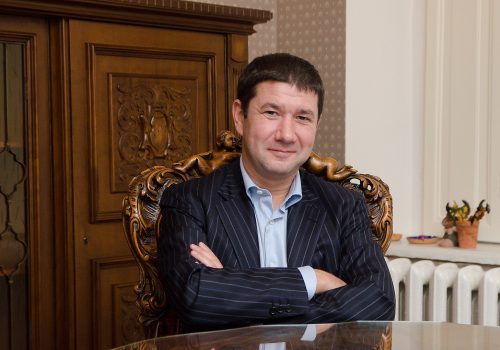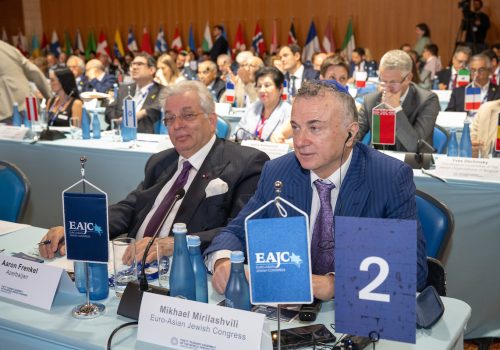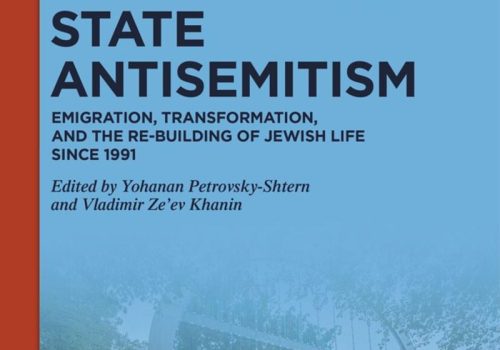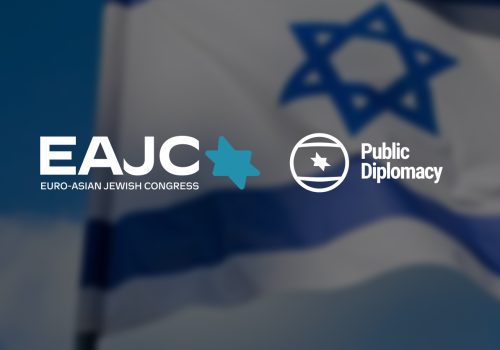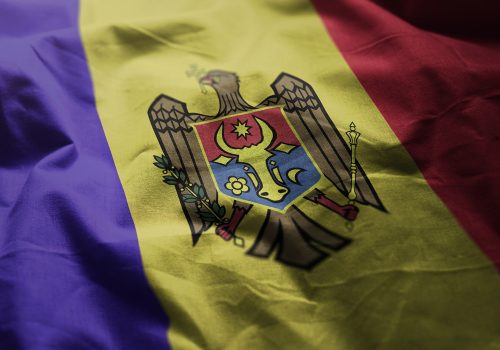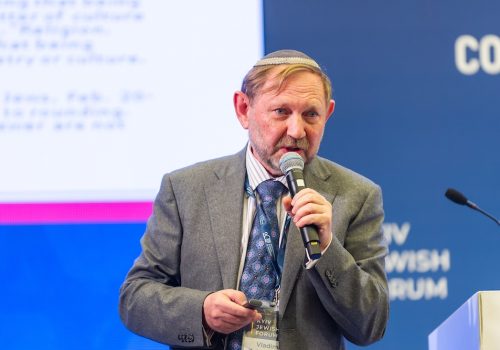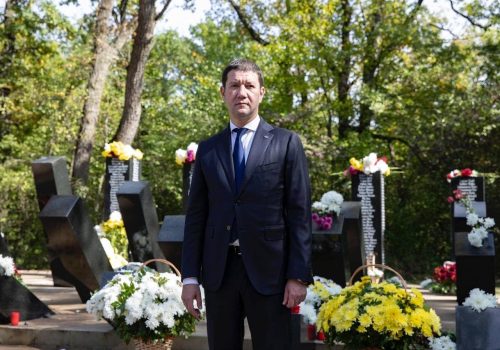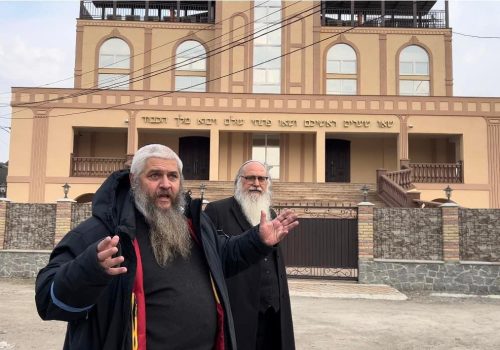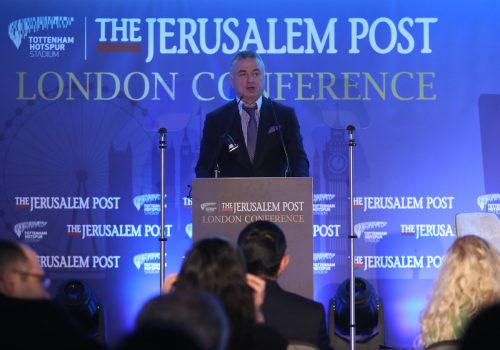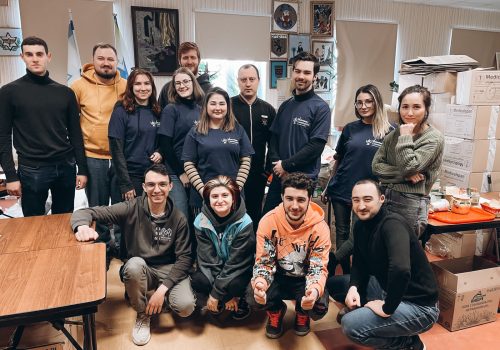Jews appeared In ancient Dacia in the 1st century AD and lived mainly in the cities. The document from 1574 establishes the fact of the Jewish residence in Moldova during the reign of Roman I (1391–1394) and Alexander the Good (1401–1433).
On the eve of the German-Romanian invasion, more than 250,000 Jews lived in Bessarabia. Many of them were deported to camps in Transnistria, where tens of thousands died at the hands of German and Romanian forces.
In 1992, Moldova waged a civil war that led to the division of the country into two parts: the Republic of Moldova to the west of the Dniester River and the self-proclaimed Transnistrian Moldavian Republic to the east of the river. Russian and Israeli organizations managed the evacuation of the Jewish population from Moldova at this turbulent period.
The Moldovan Jewish population is represented by the Jewish Community of the Republic of Moldova – the Moldovan affiliate of the World Jewish Congress as well as the Euro-Asian Jewish Congress. There is a cooperation agreement with the Federation of Jewish Communities of Romania and the American Jewish Committee. Close ties are maintained with the Russian Jewish Congress.
The Jewish Community of the Republic of Moldova is a national umbrella association, which consists of 12 municipal organizations and 9 regional communities in the cities of Balti, Soroca, Orhei, Cahul, Ribnita, Dubasari, Bender, Tiraspol, Grigoriopol.
The JFuture Jewish Educational Sunday School, a special project of the Euro-Asian Jewish Congress, functions in Kishinev.

